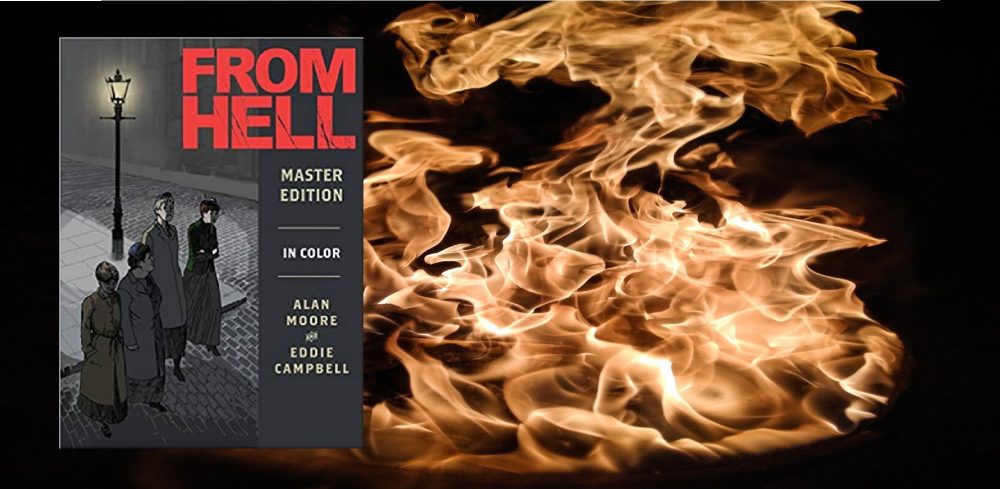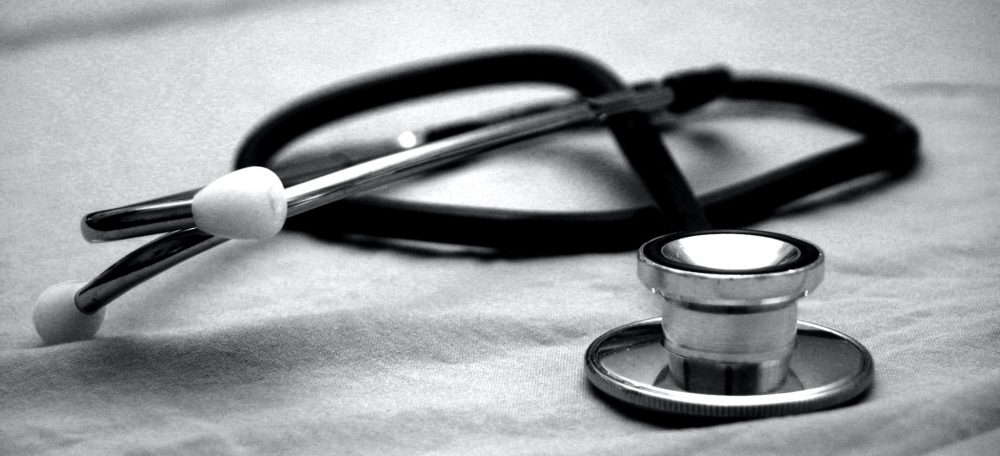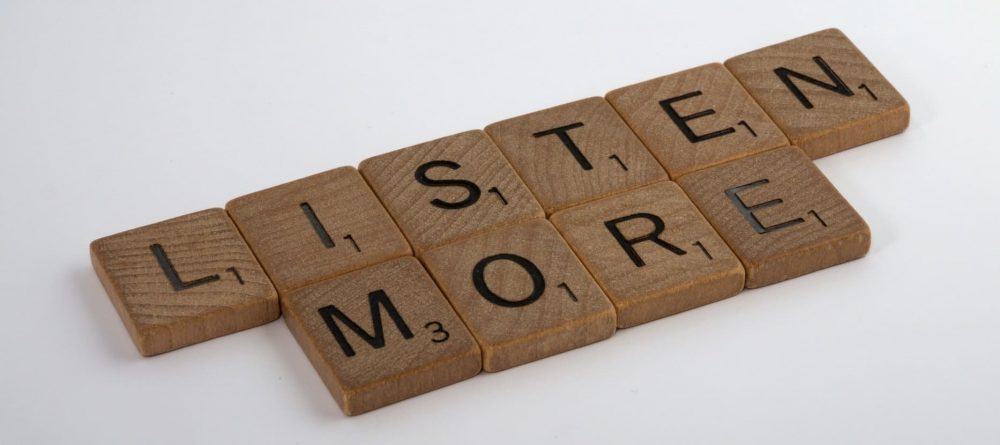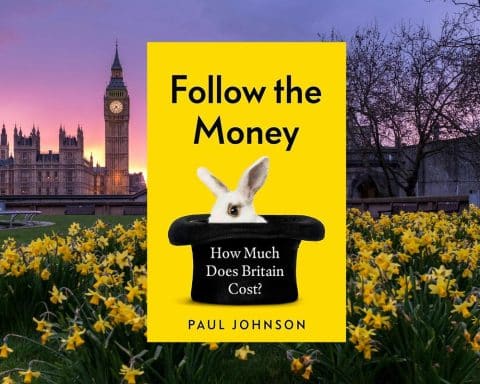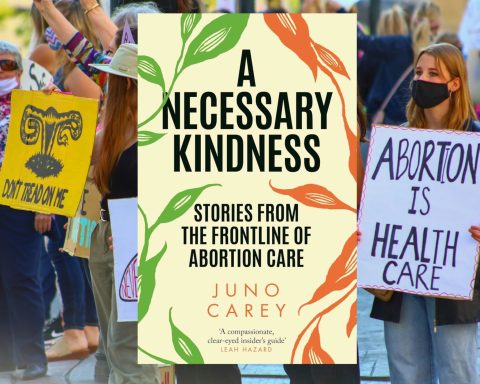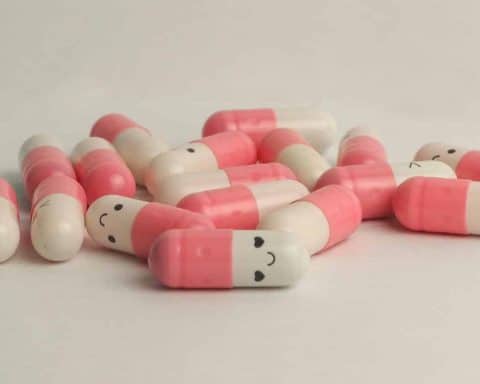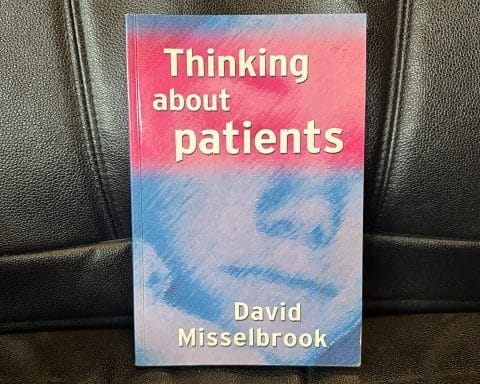
Sir William Gull was a prominent Victorian era physician who amongst many contributions to clinical medicine is credited with the classic description of anorexia nervosa and the aetiology of myxoedema.1 It remains intriguing, particularly within the medical community, that Gull was one of the numerous suspects implicated with the notorious and unsolved Whitechapel murders ascribed to Jack the Ripper. His fictionalised involvement forms the basis of writer Alan Moore and illustrator Eddie Campbell’s celebrated and (highly) graphic novel From Hell. Renowned for its grimy and bleak Victorian black and white aesthetic, it has recently been published in a new Master Edition revised by Campbell himself ‘for color, clarity, and continuity’.
Engaging with From Hell from the perspective of a GP, one feels compelled to reflect on certain issues with a different perspective to the casual reader. It is an uncomfortable experience, not only because of the depictions of sordid violence and ritualistic mutilation but the sangfroid clinical fashion by which it occurs. It is difficult not to examine its pages without the scrutinisation and mapping of the human object described by Foucault in his book The Birth of the Clinic. The reader is exposed to images of clinical callousness, human debasement and anatomical defilement along with text that casually utilises medical terminology, articulating the power differential physicians hold over their patients. This fictional Gull goes about his business with procedural detachment, devoid of consent or dignity. When dealing with his ‘objects of pity’, we witness extreme paternalism and patriarchal supremacy. His clinical designs extend beyond his victims to the city itself, the cartography of London his personal anatomical atlas with Hawksmoor’s churches as vital organs. Gull envelops himself into his work, assaulting the organism of the East End like a disease striking a patient; the spatio-temporal presentation of his fervent disease accelerating the demise of the nineteenth century while delivering the twentieth.
We witness extreme paternalism and patriarchal supremacy.
Of course, the abuse of medical knowledge, power and privilege isn’t confined to the actions of caricatured physicians of the past. Occupied as he is with the architecture of time, had the original From Hell been published just a little later, I wonder whether Moore would have alluded to the fact that almost a century after the events of Whitechapel, the serial killer Harold Shipman would be setting up his own medical practice.2 With the novel coupling the zeitgeist of the twentieth century with the repercussions of the serial killings, readers with a medical disposition would be left to speculate at what the culture of healthcare would have been like today without the consequences of Shipman’s crimes.
History repeats itself. Medical institutions analyse rouge clinicians the only way they appear able to: pathogenesis. By labelling them, delineating a chronology of events and circling out retrospective opportunities for interventions, healthcare organisations simultaneously extend their scope of control while accepting accountability for their emergence. Gull and his laudanum, Shipman and his diamorphine. We create regulations to monitor for professional red flags. Gull and his thyroidectomy, Paterson and his mastectomy. We emphasise whistleblowing procedures. Gull and his trophy kidney, Alder Hey. We hold further inquiries, history repeats itself. What is the fourth dimension?3
Chicken or egg, post-enlightenment fiction is littered with examples of healthcare workers who are able to create and traverse an unstable interface between benevolence and malevolence, precipitating cultural fears about real-life counterparts.4 We readily see how the pernicious Victorian society portrayed in From Hell allows Gull to behave with impunity whereas in the reality of today there is some acceptance that within a dysfunctional system ‘there is no process, procedure or regulation which can prevent malpractice on its own’.5 The medical gaze becomes a mirror: perhaps the model of medicine we participate in is inherently diseased. The pathogen cannot be understood in isolation from the host.
Perhaps the model of medicine we participate in is inherently diseased.
This haemorrhagically resplendent iteration of From Hell presents an ideal opportunity for clinicians to ponder why bad physicians make such good miscreants while satiating any desire for grubby Victoriana. Newcomers to Ripperology will not feel excluded. There are comprehensive explanatory annotations detailing the background and research that went into the development of the story and images. Experientially different from the original, it is a vivid and thought-provoking read for all GPs as long as they possess a suitably hardy constitution.
Featured book
From Hell: Master Edition. Alan Moore (text) and Eddie Campbell (graphics). Top Shelf Productions; 2020
References
1. Niedzielski, A., Kaźmierczak, N. and Grzybowski, A., 2016. Sir William Withey Gull (1816–1890). Journal of Neurology, 264(2), pp.419-420.
https://www.ncbi.nlm.nih.gov/pmc/articles/PMC5306080/
2. Webarchive.nationalarchives.gov.uk. 2005. The Shipman Inquiry. [online] Available at: [Accessed 15 November 2020].
https://webarchive.nationalarchives.gov.uk/20090808155005/http://www.the-shipman-inquiry.org.uk/home.asp
3. Hinton, C., 2020. What is the Fourth Dimension? In Scientific Romances, First Series, By C. H. Hinton. [online] Gutenberg.org. Available at: [Accessed 15 November 2020].
4. Hurwitz, B., 2014. Medical humanities and medical alterity in fiction and in life. Journal of Medical Ethics, 41(1), pp.64-67.
https://www.ncbi.nlm.nih.gov/pmc/articles/PMC5146638/
5. GOV.UK. 2020. Paterson Inquiry Report. [online] Available at: [Accessed 15 November 2020].
https://www.gov.uk/government/publications/paterson-inquiry-report
Featured photo by Felix Weinitschke on Unsplash

